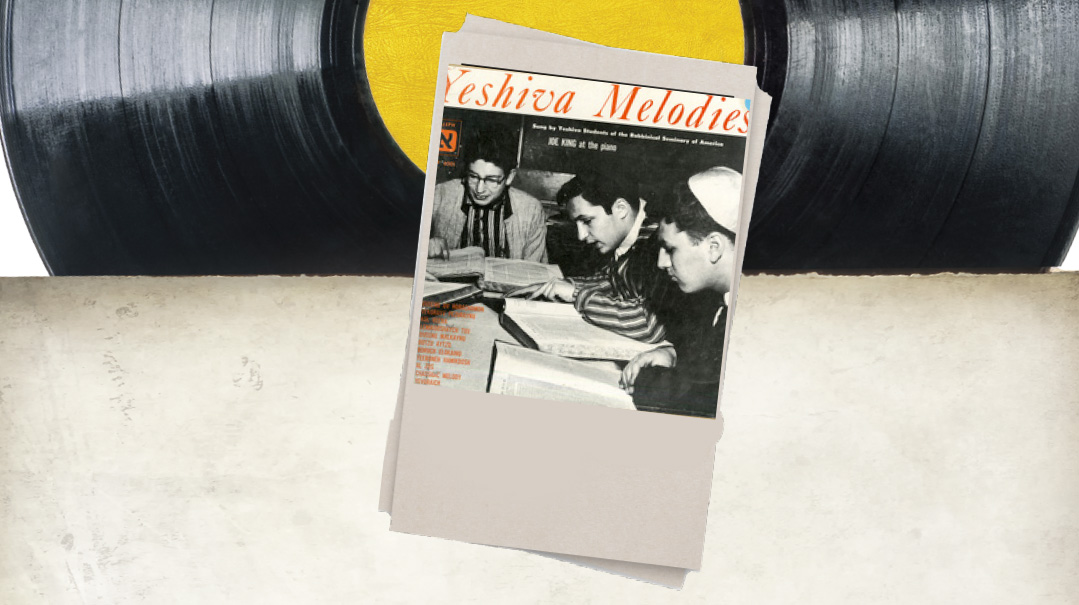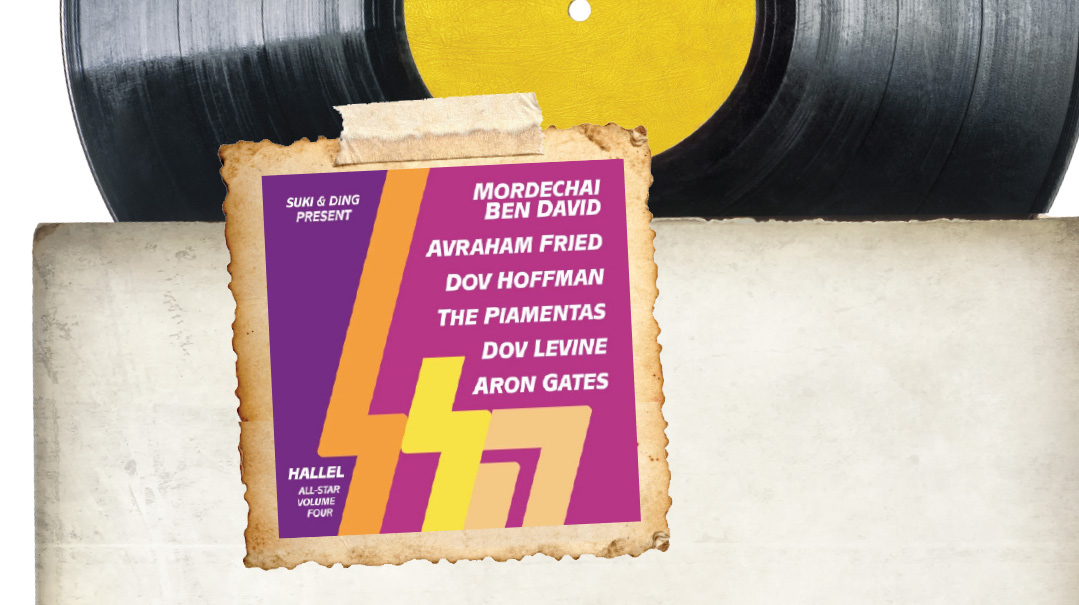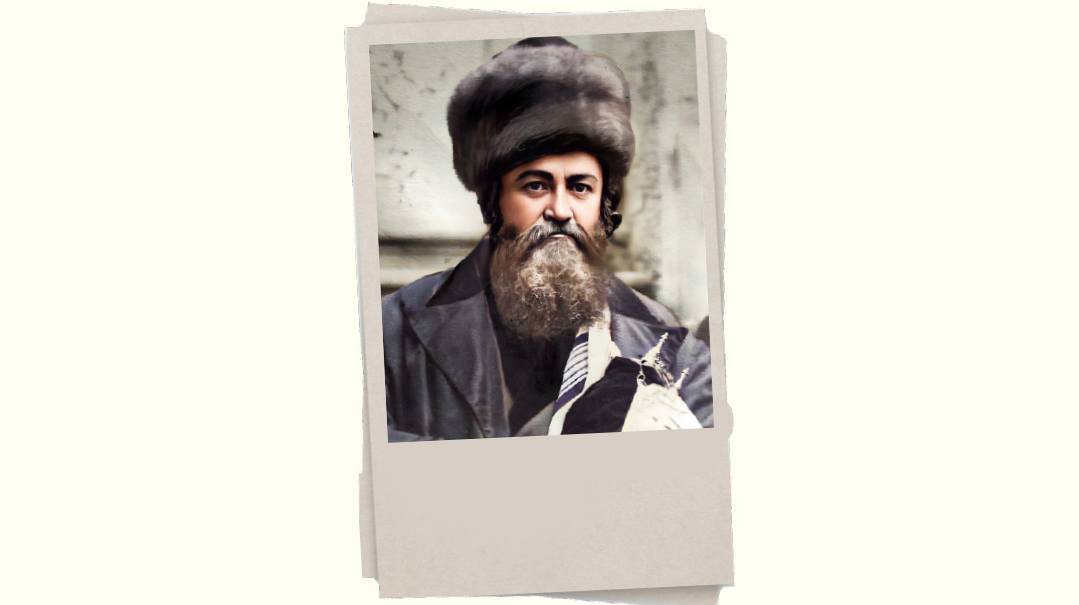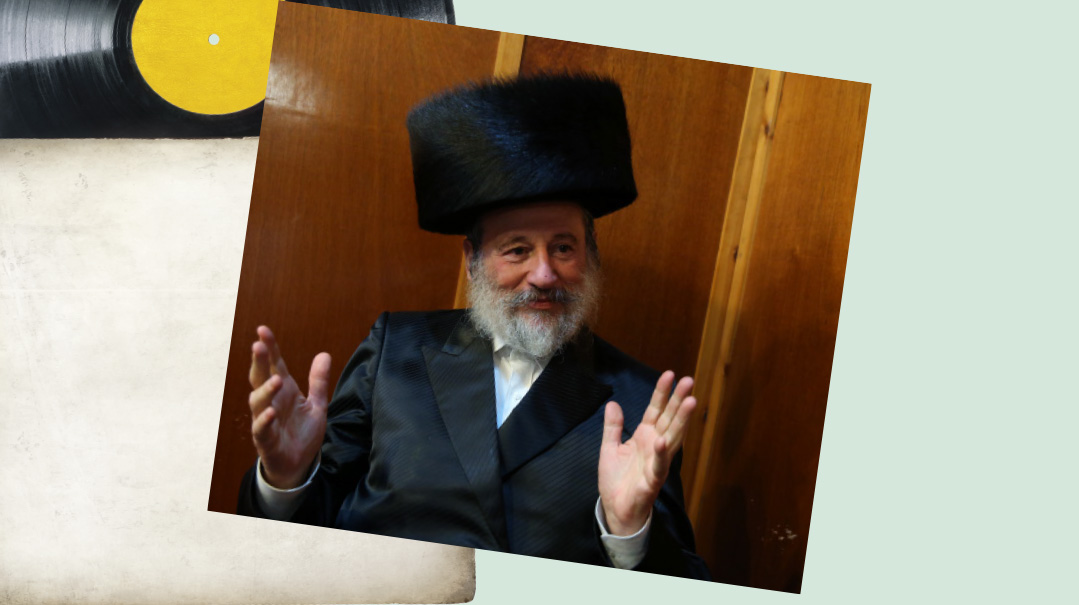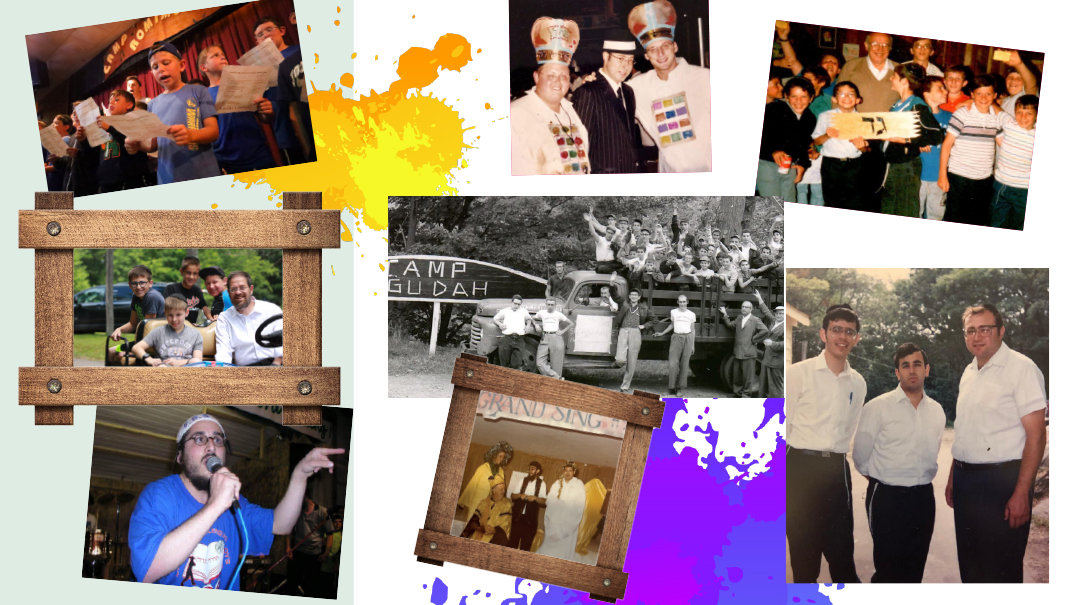Sing It Together

Veteran producer Dovid Nachman Golding hosts a walk down musical memory lane
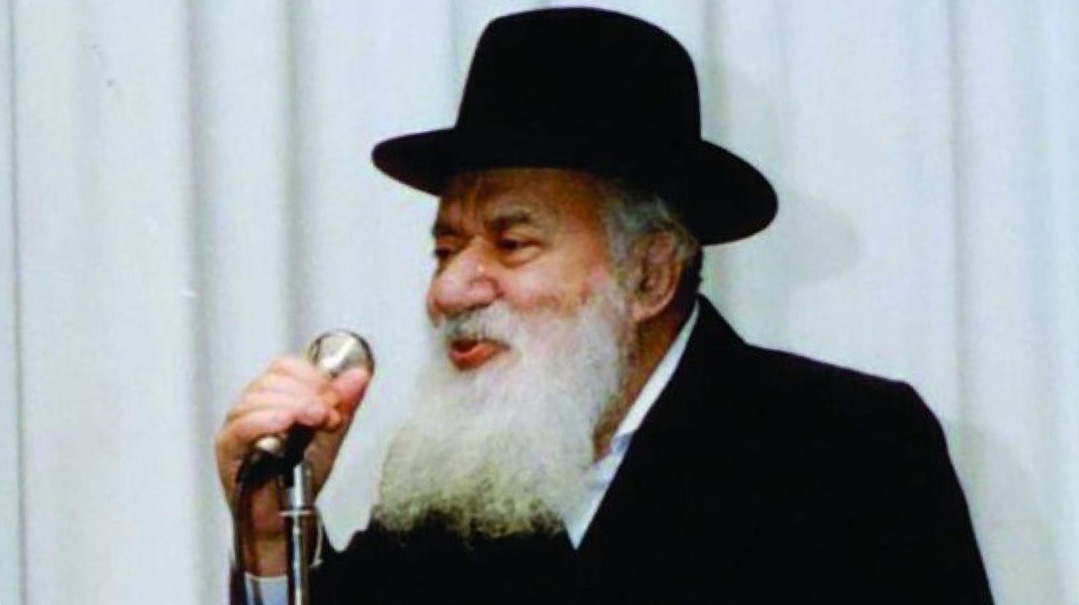
Rebbe Mordechai of Nadvorna was known to have said that there is a certain angel with a thousand heads, every head has a thousand mouths, and every mouth has a thousand tongues, and every tongue sings beautiful shevach v’hoda’ah to HaKadosh Baruch Hu. However, when a Yid starts singing, HaKadosh Baruch Hu asks the angel to stop, so that He can hear the beautiful singing of His beloved nation. Especially when it comes to singing Shabbos zemiros.
If Rebbe Mordche had lived in this generation, he would surely have included my upstairs neighbors, the Hellmans. They have four sons, all blessed with beautiful voices. Sometimes, after the Friday night seudah, I fall asleep on the living room couch, wake up a few hours later, and can still hear their harmonies long into the night.
My longtime friend and past collaborator Zale Newman tells me that his father-in-law, Rav Pinchus Hirschprung a”h, the chief rabbi of Montreal, and one of the last surviving talmidim of Rav Meir Shapiro, was makpid to sing every song in the siddur and bentsher, because he said it has a strong, positive impact on the children at the table. Zale himself, a longtime kiruv personality, finds that singing Shabbos zemiros is the number one catalyst in getting people to open up to explore their Jewish heritage.
One of my personal favorite Shabbos songs is Mordechai Ben David’s Kah Ribon, which he wrote in the early ’70s and released on his early I’d Rather Pray and Sing album. MBD shared with me that he once met a grandson of Rav Elyashiv at an Agudah convention. This grandson recounted to MBD that when he was a young boy, he would eat at his grandfather’s seudah every Shabbos. Rav Elyashiv was known for his good ear for music, and when that Kah Ribon came out, he brought it to Rav Elyashiv on a small cassette player for him to hear, and from then on, his grandfather would sing it every Friday night. On the last Friday night of Rav Elyashiv’s life, he and his grandson sang the song together.
Shabbos zemiros are known to have a special power of inspiration, and Avraham Fried was one person who harnessed that power several years back when he and his brothers, sons, and nephews put their talented voices together to sing the zemiros of their father and grandfather, Rabbi Yaakov Moshe Friedman a”h on the acapella My Father’s Zemiros. Rabbi Manis Friedman recounts that when his father was arrested in the early ’40s in Prague, he made a promise while in jail that if Hashem would get him out of prison and reunite him with his wife and children, he would make sure to sing Shabbos zemiros every week. It was a promise Reb Yaakov Moshe was only too happy to keep once he was freed after the war, and his progeny, including the extended Friedman and Marcus families, are only too happy to uphold.
Yaakov Shwekey once told me that in the Shwekey household, zemiros — which are called pizmonim in Sephardic kehillos — took hours, and he says it was the most amazing and uplifting part of the Shabbos seudah. In fact, Yaakov, together with the assistance of Rabbi Yisroel Besser and in conjunction with ArtScroll, will be putting out a book and USB of over 150 Shabbos songs that the Shwekey family sings. This project will be in memory of Yaakov’s parents, Menachem and Rochelle Shwekey a”h, who instilled the love of Shabbos zemiros in their children from a very young age.
One rainy Israeli Friday in March of 2020, when people were confined to their homes during the early stages of COVID, one Tel Aviv family found an innovative way to connect through the power of zemiros. In the midst of the pandemic, with the rain pouring down, they decided to lead their family in singing of Shabbos zemiros from their balcony. As they raised their voices in song, all the other families in the complex went out to their porches and joined in. The following week, the idea went viral, and from Yerushalayim to Modiin to Be’er Sheva, all types of families from across Israel’s cultural and religious divide participated in “Welcoming Shabbat at your windows,” as the balcony sing-alongs became a national phenomenon during a very challenging time.
Tosafos on Sanhedrin 37b describes Yeshayahu’s holy angels as six-winged creatures, where each of those wings is assigned to sing shirah on a different day of the week. When Shabbos arrives, the angels tell Hashem, “Ribono shel Olam, we have no wings left for today’s shirah,” to which Hashem replies, “I have another wing on earth — Bnei Yisrael who will sing shirah to Me on Shabbos. Mizmor shir l’yom HaShabbos.
(Originally featured in Mishpacha, Issue 1062)
Oops! We could not locate your form.

